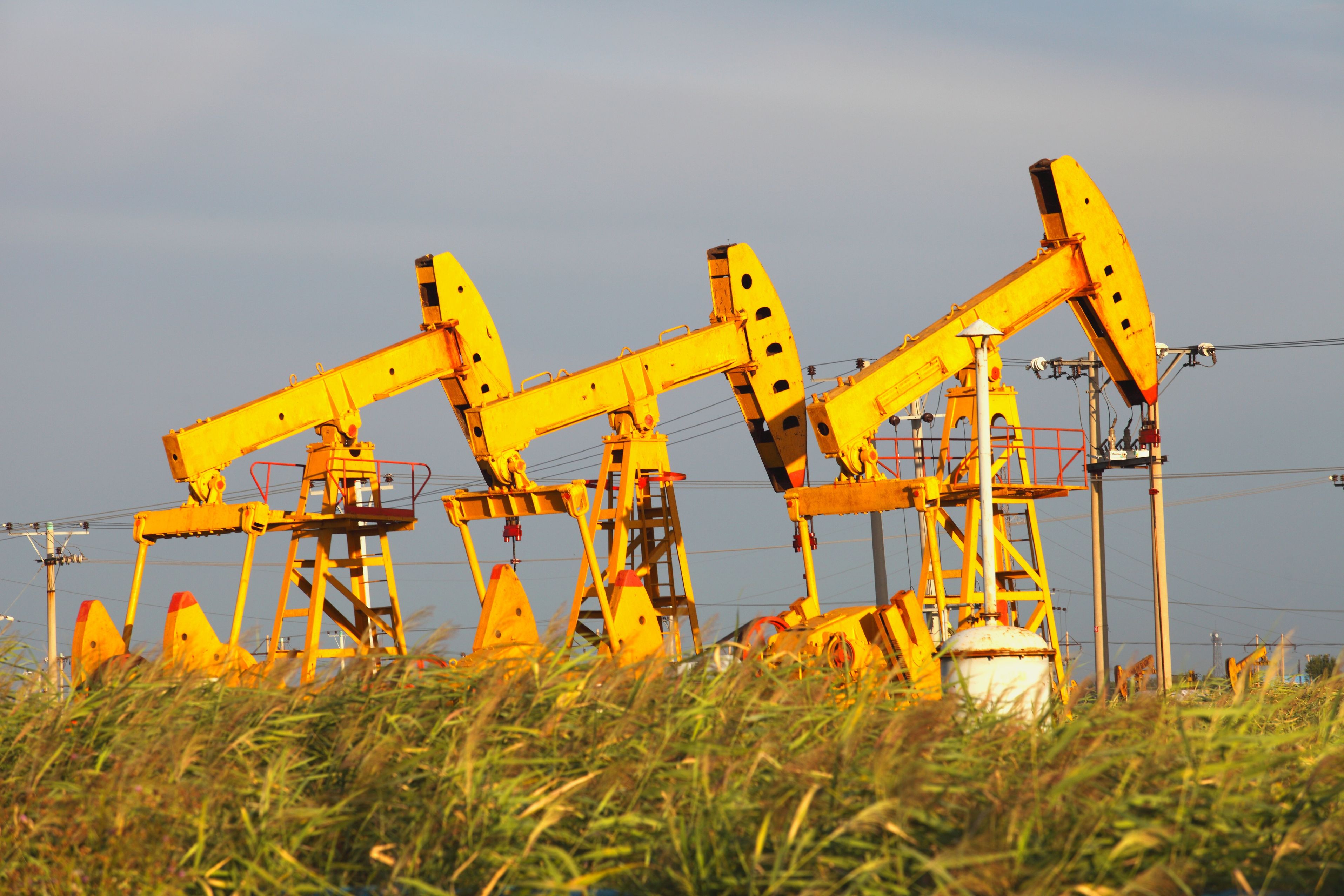Hydraulic Fracking in California: New Report Addresses Wastewater and Potential Water Impacts
 Today, Berkeley Law released a new report on hydraulic fracturing (“fracking”) in California, focusing on wastewater and potential water quality impacts. The report, Regulation of Hydraulic Fracturing in California: A Wastewater and Water Quality Perspective, is an independent analysis produced by Berkeley Law’s Center for Law, Energy & the Environment (CLEE) through its new initiative, the Wheeler Institute for Water Law & Policy (Wheeler Institute).
Today, Berkeley Law released a new report on hydraulic fracturing (“fracking”) in California, focusing on wastewater and potential water quality impacts. The report, Regulation of Hydraulic Fracturing in California: A Wastewater and Water Quality Perspective, is an independent analysis produced by Berkeley Law’s Center for Law, Energy & the Environment (CLEE) through its new initiative, the Wheeler Institute for Water Law & Policy (Wheeler Institute).
Hydraulic fracturing is the process of injecting fluids under high pressure to crack underground rocks and release tightly held oil or gas. The hydraulic fracturing process also yields byproducts, including wastewater, which must be properly managed in order to reduce any risk to human health and the environment.
Co-authored with Wheeler Institute associate director Michael Kiparsky, the report notes that while oil and gas producers have used fracking in California for many years, we are witnessing potentially alarming projections of dramatically increased fracking activity in California due to the availability of new fracturing techniques.
The report comes out at a time of intense activity and interest in California in fracking. On April 8, a federal judge issued the first major ruling in a California fracking lawsuit, finding that the Bureau of Land Management (BLM) failed to adequately consider the risks presented by fracking in its issuance of oil and gas leases on federal lands. And the California Department of Conservation’s Division of Oil, Gas & Geothermal Resources (DOGGR) is currently undergoing a pre-rulemaking process with stakeholders, gathering information that will influence new and revised regulations. Nine bills on fracking have been introduced in California’s current legislative session, several lawsuits have been filed, and there is surging public attention on to the issue.
Contrary to its traditional role as a leader in environmental protection, California lags behind other states on hydraulic fracturing regulation. Wyoming, Colorado, and other states currently set stronger standards for transparency, safety, and environmental stewardship.
The risks presented by hydraulic fracturing include potential contamination of ground and surface waters from well casing failure, improper fluid handling at the well site, and improper treatment and discharge of fracking “produced water” that contains harmful substances. Additional risks include the potential for induced seismicity from injection wells, as experienced in other states, and potential air quality and climate change impacts, which are especially relevant to the development of oil-rich shale formations in California.
While some peer-reviewed studies on risks to the environment and human health from fracking exist, there is a need for additional research. In the face of such scientific uncertainty, our own report urges caution, greater transparency, and increased accountability for oil and gas operators.
First, to enable public participation and drive greater accountability, regulatory agencies and the public require comprehensive information on where, when, and how fracking will occur in the State. While the applicability of the California Environmental Quality Act (CEQA) environmental review and public participation process is litigated in court, we support near-term changes to the current regulations, including:
- At least 30 days advanced public notice of all fracking events, included the full list of chemicals to be used in fracking fluid;
- Mailed notice to all property owners near planned fracking or injection sites;
- Baseline testing of water quality in aquifers near oil and gas production activity, to enable tracing potential contamination to operators and assess pre-fracking water quality; and
- Development of a formal process by which concerned citizens can respond to planned fracking events.
Second, we urge better inter-agency coordination and planning to prepare for and mitigate the harmful effects of fracking. We recommend:
- Increased engagement among DOGGR, the State Water Resources Control Board (SWRCB), Regional Water Quality Control Boards, the U.S. Bureau of Land Management, and the California Air Resources Board (CARB), all of which have jurisdiction over some aspects of unconventional oil and gas development in the State; and
- More peer-reviewed studies on the risks presented to California water sources from fracking, the risk of induced seismic events, and potential air quality and climate change impacts.
Third, we recommend better tracking and handling of fracking wastewater to protect against potential water impacts, including:
- Requiring more extensive recordkeeping and reporting on the disposal of fracking wastewater;
- Considering the use of unique chemical tracers placed into fracking fluid to aid in identifying potential contamination events and assessing liability;
- Providing clear information on how fracking produced water may be safely reused or recycled to reduce pressure on California’s water supply;
- Prohibiting the discharge of fracking wastewater to publicly-owned treatment works (POTWs), at least until EPA issues pretreatment guidelines; and
- Requiring more stringent regulation and enforcement of fluid storage and handling at well sites.
Historically, California has set the bar for environmental protection and stewardship. With mounting public attention to the issue,we urge the State to take a proactive stance to protect our environment in the face of uncertainty.
Reader Comments
15 Replies to “Hydraulic Fracking in California: New Report Addresses Wastewater and Potential Water Impacts”
Comments are closed.






What a cool post !
What a cool post !
Don’t be a bunch of gutless hypocrites – ban fracking in California altogether. Take meaningful action and stop climate change at its source. Stop fossil fuels from destroying the planet. Fracking kills mother earth. Tell the oil companies to keep out. If California does not save us, then who will?
Don’t be a bunch of gutless hypocrites – ban fracking in California altogether. Take meaningful action and stop climate change at its source. Stop fossil fuels from destroying the planet. Fracking kills mother earth. Tell the oil companies to keep out. If California does not save us, then who will?
Fracking is a danger to everyone in California. It is literally raping Mother Earth with high pressure chemical cocktails that could never be contained underground…it absolutely goes into our water.
Just ask anyone who lives near a well, whose water is flammable and who can’t talk to anyone about it because no one, not even the compromised EPA, cares.
Water is our most vital resource. We could survive without gas but not without water!